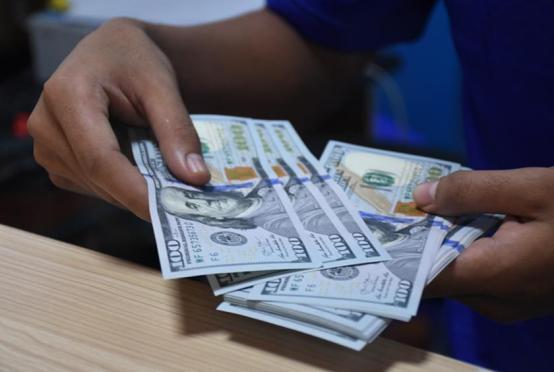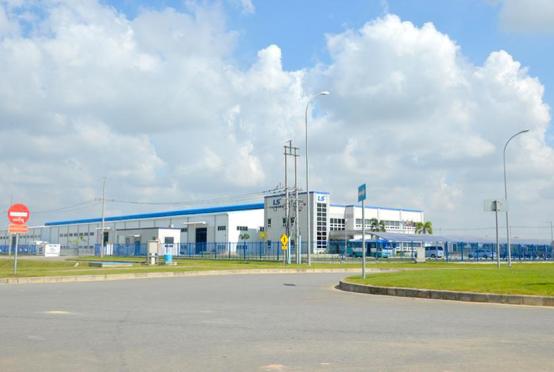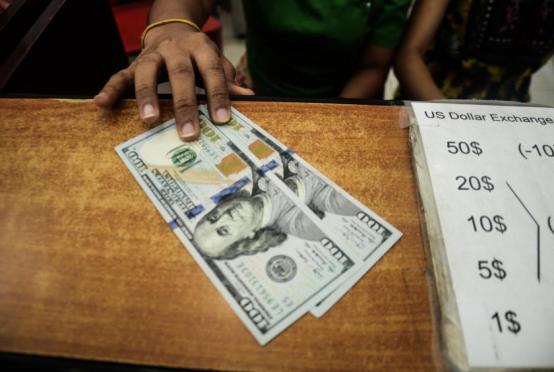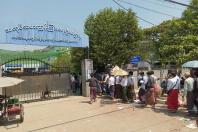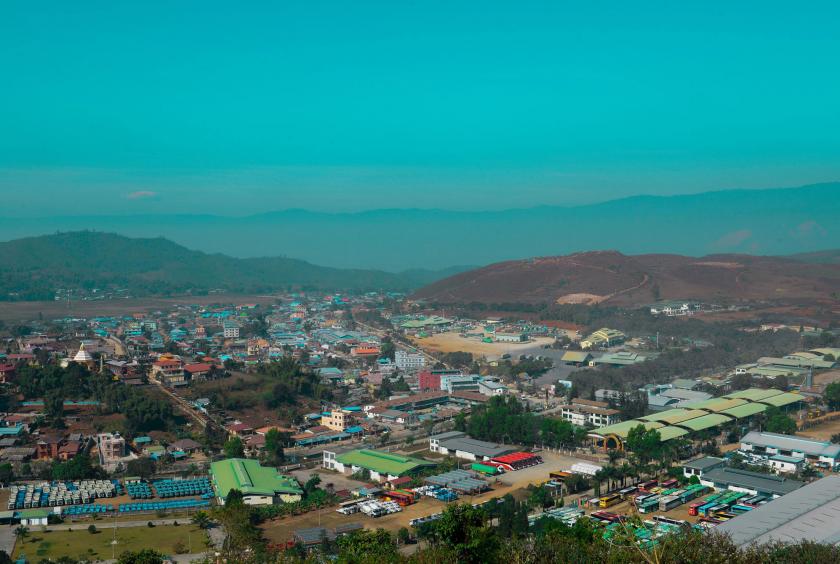
Rice traders from Myanmar requested the government to intervene in negotiations between them and Yunnan government as well as Chinese traders as about 50,000 tons of rice remains stuck in Muse to be exported to China, sources said.
“China granted permits for their companies to buy long grain rice, short grain rice and broken rice. Now, we have heard that the Chinese government will not grant permits for broken rice and long grain rice,” said a rice trader from Mandalay.
The rice trade came to a halt due to the rumours, resulting in about 50,000 tons in remaining in Muse.
Ye Min Aung, Chairman of Myanmar Rice Federation (MRF) requested Vice President Myint Swe to negotiate with Yunnan Province government and buyers from the province in relation with the issue.
He urged the government to negotiate a good price for farmers, to have quota to export rice and broken rice to China and to sign MoU to export rice.
According to Ko Ko Kyi, border trade promotion committee member under the Union of Myanmar Federation of Chambers of Commerce and Industry (UMFCCI), Myanmar is also facing market exploitation both economically and politically by China as Myanmar is exporting goods illegally to China except five kinds of goods registered in General Administration of Quality Supervision, Inspection and Quarantine of the People's Republic of China (AQSIQ).
Myanmar is exporting farm products, animal products, fishery products and industrialized products to China but only rice, mango, watermelon, cucumber and plum are exported to China officially, registered under AQSIQ.
Other products are all going to China illegally, he continued.
“Myanmar needs to register other goods and products while respective departments need to implement registration for some products from farming, livestock, fishery and industry sectors as quickly as possible”, he said.


